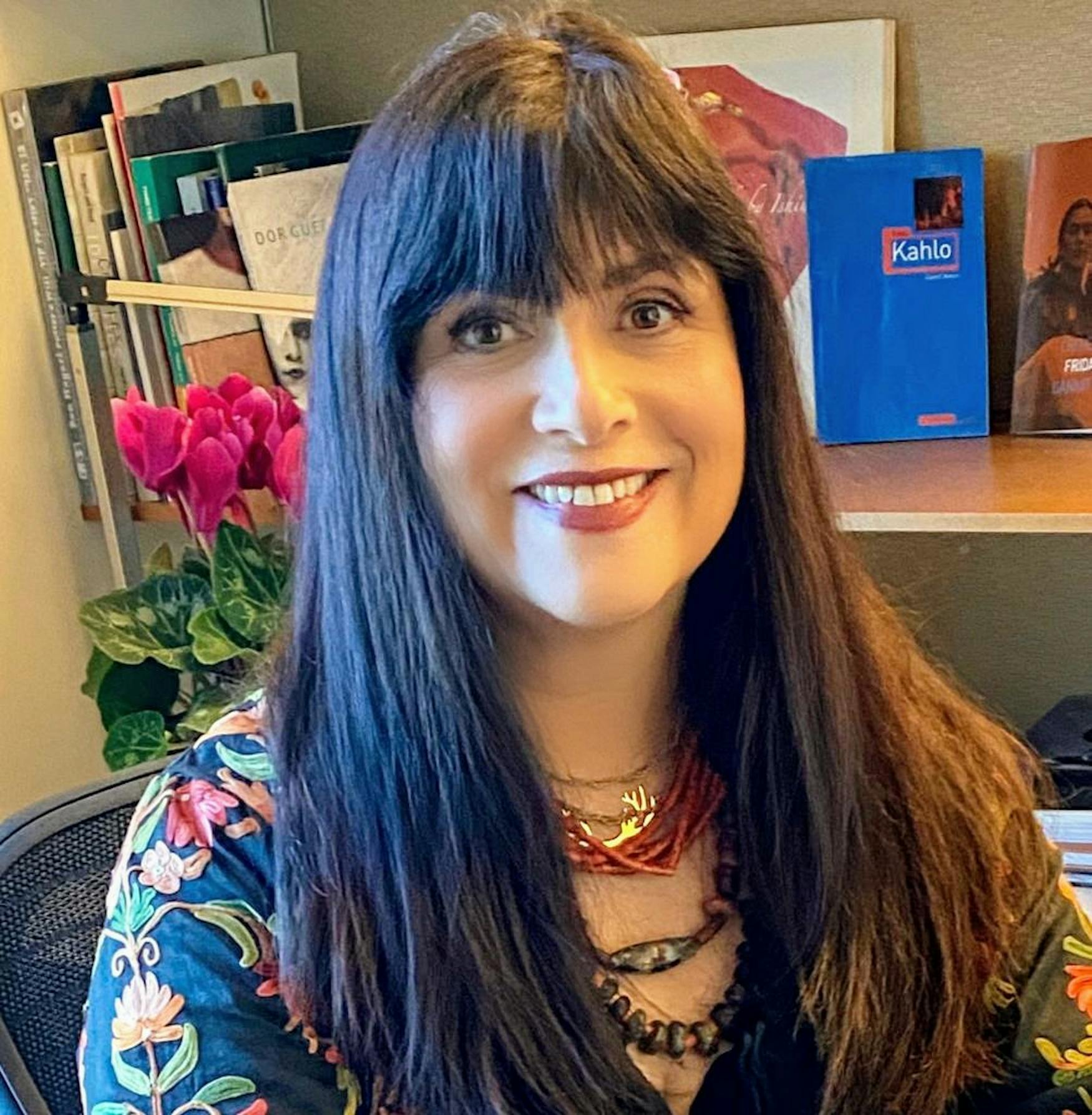Interview with Prof. Gannit Ankori: The reopening of the Rose Art Museum
Although so much is closed or virtual this semester, Brandeis students will be happy to learn that one campus institution is still open in-person: the Rose Art Museum. It offers, as Prof. Gannit Ankori (FA) described it in a Nov. 1 email to the Justice, “a quiet space for reflection, contemplation, and enjoyment” that could be a good mental break from the chaos of 2020 for students, staff and faculty alike. She is an active member of the Rose's Advisory Board, and I recently had the chance to correspond with her about the museum’s current programs and upcoming developments.
The museum currently features several exhibits. One display, titled “Yesterday’s Tomorrow,” organized by Associate Curator Caitlin Julia Rubin, features selections from the Rose’s collection arranged around ideas about how the remembered past affects the present and the future. According to Ankori, the introductory wall text of the exhibit explains that “the past is rarely stilled within the fixed frame of retrospective distance. Instead, defying attempts at neat chronology, the past resurfaces and evolves in the expanding now.”
The exhibit’s closing will be marked by an upcoming webinar, “Yesterday's Tomorrow: Activating History Today” on Nov. 18 at 5 p.m., where panelists will be discussing efforts to amplify less visible narratives in Massachusetts’ history, focusing on the disconnect between the traditional narrative and marginalized perspectives. Co-sponsored by The Robbins House, Now + There and Revolutionary Spaces, it features Prof. lauren woods (FA) and Dr. Maria Madison (Heller), who is the Associate Dean of Diversity, Equity and Inclusion. As Ankori explained, “the presentations will offer new ways of thinking about memorials and give visibility to previously erased or invisibilized individuals and communities.”
Furthermore, the Rose has two exciting developments on the horizon. The first is its 60th anniversary show, which will feature pieces from the collection alongside their artistic reinterpretations by underrepresented and emerging artists. Ankori told the Justice that it aims to replace “the traditional master narrative of Western art history with diverse alternative narratives and new ways of seeing and experiencing art.” Furthermore, the museum has embarked upon a Diversity, Equity, Inclusion and Accessibility mission, aiming to diversify the Rose’s staff, board, collections, exhibitions, audiences and programs. So far, the museum has hired Dr. Elyan Hill as Guest Curator for African and African Diaspora Art and Anthony DiPietro as the Rose’s inaugural DEIA partner. The ultimate goal of this program will be to turn the Rose into “an antiracist museum, a nexus for art, communities, and justice,” Ankori wrote in her email.
The Rose has a lot of exciting events going on and projects in the works. It seems like a perfect place to spend an hour or two as a study break or destresser during our remaining time on campus. I look forward to seeing what they will do in spring 2021.
The Rose Art Museum is open Wednesday-Sunday, 11 a.m. to 5 p.m., until Nov. 20th. To learn more about their programs and upcoming exhibitions, you can visit their website at brandeis.edu/rose.



Please note All comments are eligible for publication in The Justice.